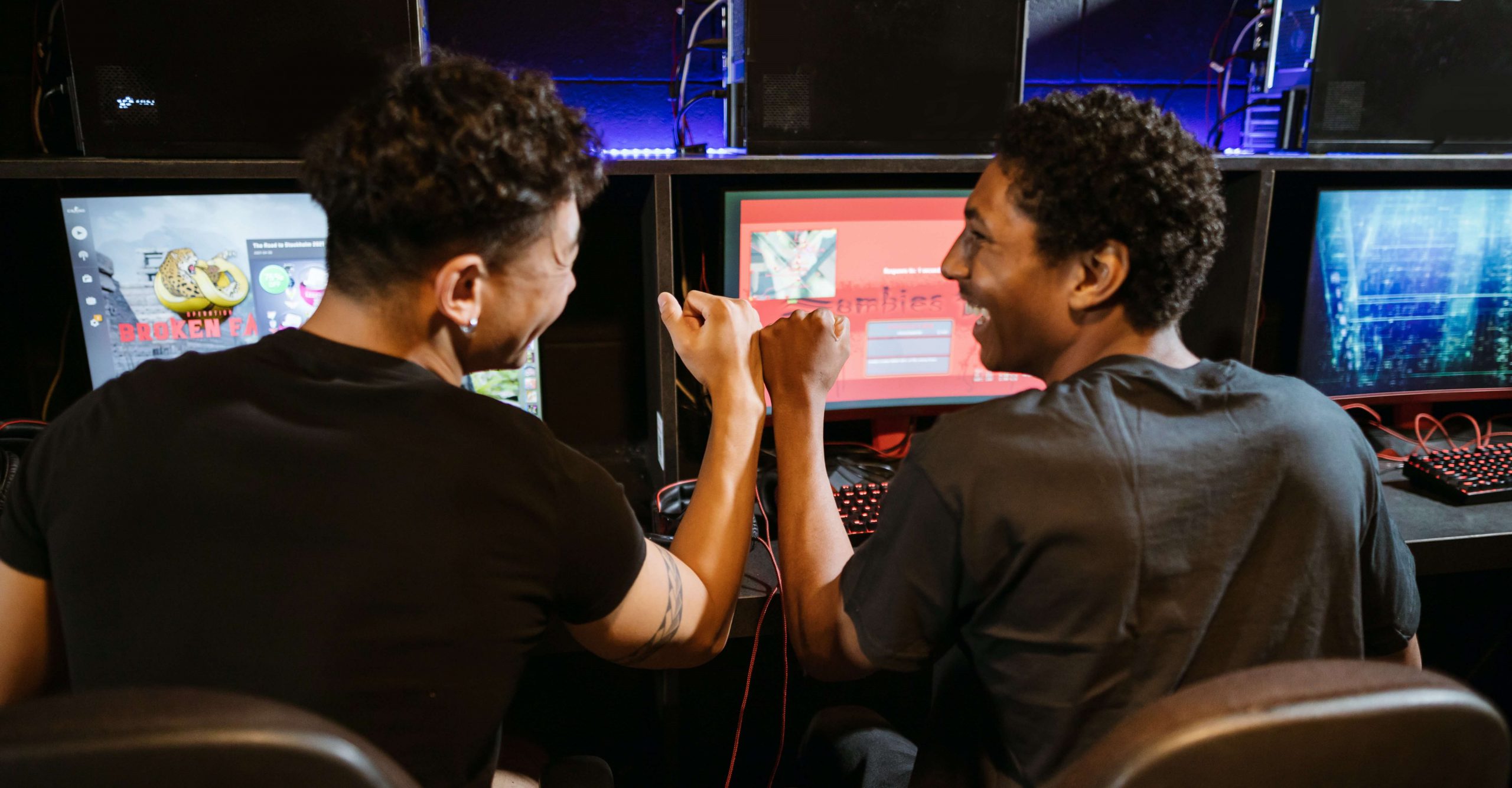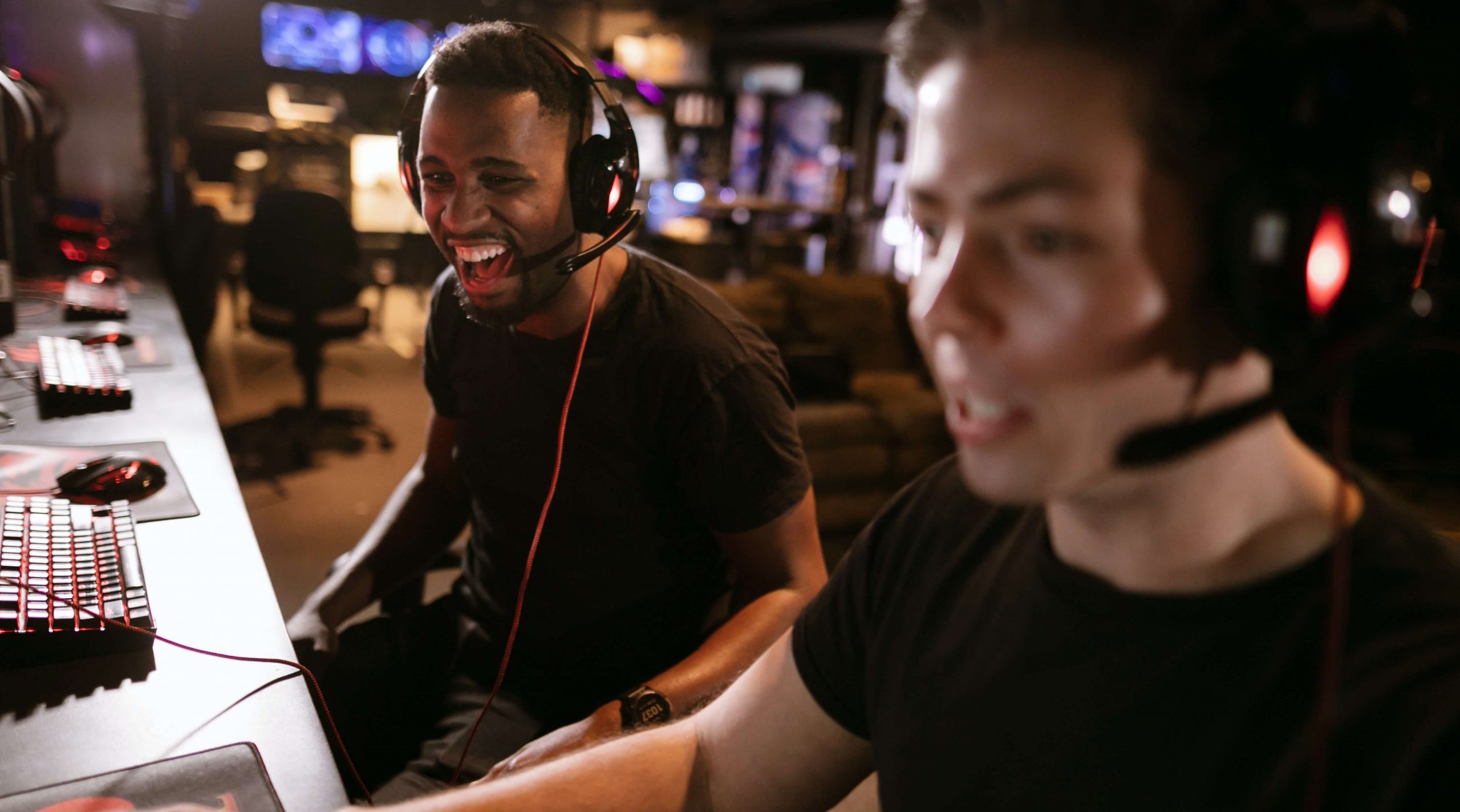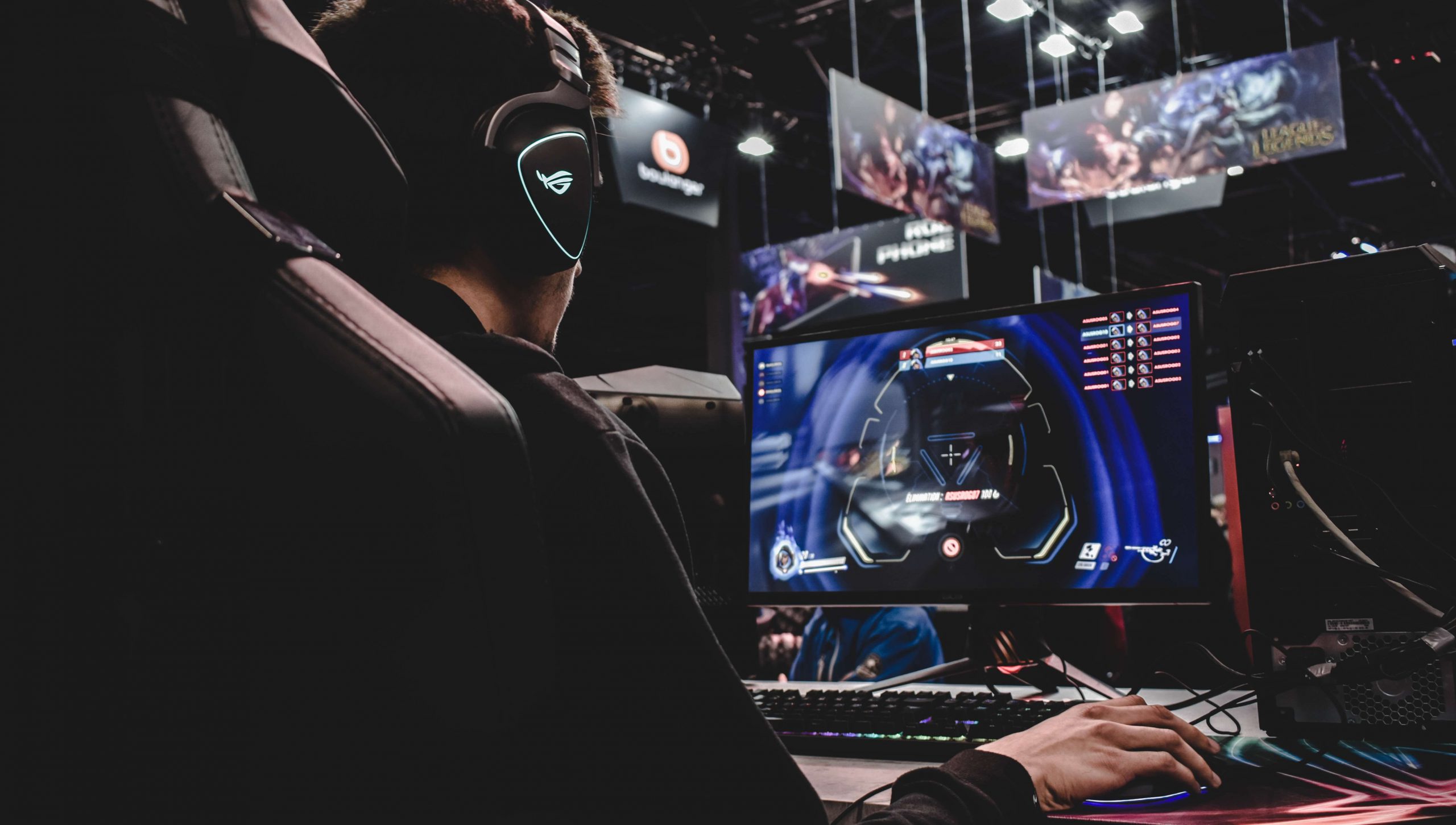Germany and Spain: E-sports leaders in Europe
What is e-sports?
E-sports is video gaming at the highest level. It’s a world in which people compete in organized events, just like any other professional sport. Leagues and teams exist, and they face off over popular video games such as Fortnite and Call of Duty.
How are e-sports teams selected? Through a draft, of course. The NBA recently held a draft for its new e-sports league in which 102 players were chosen to compete as part of their NBA 2K game franchise.
Many colleges in the USA also have their own e-sports programs, which have achieved recognition by the National Association of Collegiate e-sports. Prize money reaches substantial sums, and there are even associated scholarships.
E-sports competitors have dedicated fans, and there are a lot of them! An estimated 380 million people worldwide will watch e-sports in real-time this year, with the majority of them located in North America, China and South Korea.
But that doesn’t mean e-sports has skipped Europe entirely. In fact, Germany and Spain are emerging as e-sports hotspots. Read on to find out more about how these countries have played a part in the development of organized video gaming.


The History of E-sports
E-sports might only now be becoming more mainstream and commercialized, but its origins can be traced back to 1971. This was when an event was held at Stanford University where students competed against one another in a Spacewar tournament.
Following this, an official competitive gaming event was announced in 1980: a Space Invaders championship. More than 10,000 players participated, and the considerable level of interest started to register with the media and game developers. People started to see the potential large-scale competitive gaming had.
Soon, this started to translate into television broadcasting. Live shows began holding small events where people played against one another in different video games to win cash prizes. Audiences tuned in to watch, thus creating the foundations for modern-day e-sports.
Games continued to evolve throughout the 80s, and Nintendo became a household name. They made gaming both more advanced and more accessible. Ten years later, their products were popular enough for them to launch a competitive program. In 1994, the first Nintendo world championship event was held in San Diego, California.
What transformed the world of e-sports entirely was the introduction of the internet and social media. As it became easier for gamers to connect, both online and offline, more and more tournaments emerged.
The growth of Twitch, a streaming platform specially designed for gaming, has been another significant development. Many people have built prolific online personalities around their gaming activity, and this has revealed a huge appetite for spectating as skilled players play video games.
E-sports in Germany
If you’re only just finding out what e-sports is, you may be surprised to hear that over 76 percent of the surveyed German population is already familiar with the term. This shows how e-sports has taken off in Germany, and in many ways, it makes sense that it has: after all, tournament organizer ESL is based here, as are significant leagues like ELC.
In 2019, e-sports-related sales amounted to around 77 million euros. This is only due to increase. In fact, current predictions estimate that this figure will almost double by 2024. These facts justify the German Games Industry Association’s claim that Germany is one of the world’s most important e-sports markets.
Over 220 of Germany’s sports clubs have already developed their own e-sports section. Because of this, many competitions known worldwide take place there, the PUBG Global Invitational. In addition, Germany is also home to world-famous e-sports organizations like mouse-sports, SK Gaming, G2 E-sports and ALTERNATE aTTaX.
There’s also a significant spectator market. Already, 12 million Germans report having watched at least one e-sports match. Naturally, this is encouraging media moguls to sit up and take notice. Broadcasting e-sports represents the opportunity for German television companies to help win back a target group they’d previously lost to video games.


E-sports in Spain
Barcelona had already laid the foundation for introducing e-sports to Spain: it had a culture of organizing video game competitions in cyber cafes before the internet became prolific in people’s homes. E-sports is a natural evolution of this phenomenon.
In 2011, Spain hosted its first professional e-sports competition, inspired by similar events in the USA. The organizers of this event were previously involved in video distribution, and they named their initiative the Professional League of Video Games.
Now, more than 10% of the Spanish population reportedly has some degree of involvement and engagement with e-sports competitions. Among the top e-sports teams from Spain are G2 e-sports, Mad Lions and FC Barcelona.
Some of the most popular games played include FIFA, League of Legends, Hearthstone and Clash Royal; however, Rocket League remains the most popular.
One of the region’s most well-known tournaments, the European League of Legends Championship Series, was held in Madrid in 2018. This was the second time that Madrid hosted the event, and Jose Klingenberg of Riot Games Europe explained that it was chosen due to the favorable treatment of e-sports in the country.


The Future of e-sports
We should expect e-sports to continue growing in viewer figures, investment and turnover. As more money flows into e-sports and it becomes more professional, the more likely it is for new systems of clubs and associations to be developed.
During lockdown, many classic sports leagues promoted their e-sports events in lieu of in-person sports matches, introducing new audiences to this kind of virtual competition. Whether they remain engaged with the phenomenon post-pandemic, however, remains to be seen.











